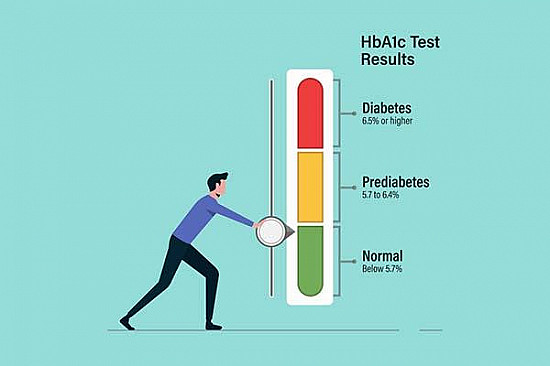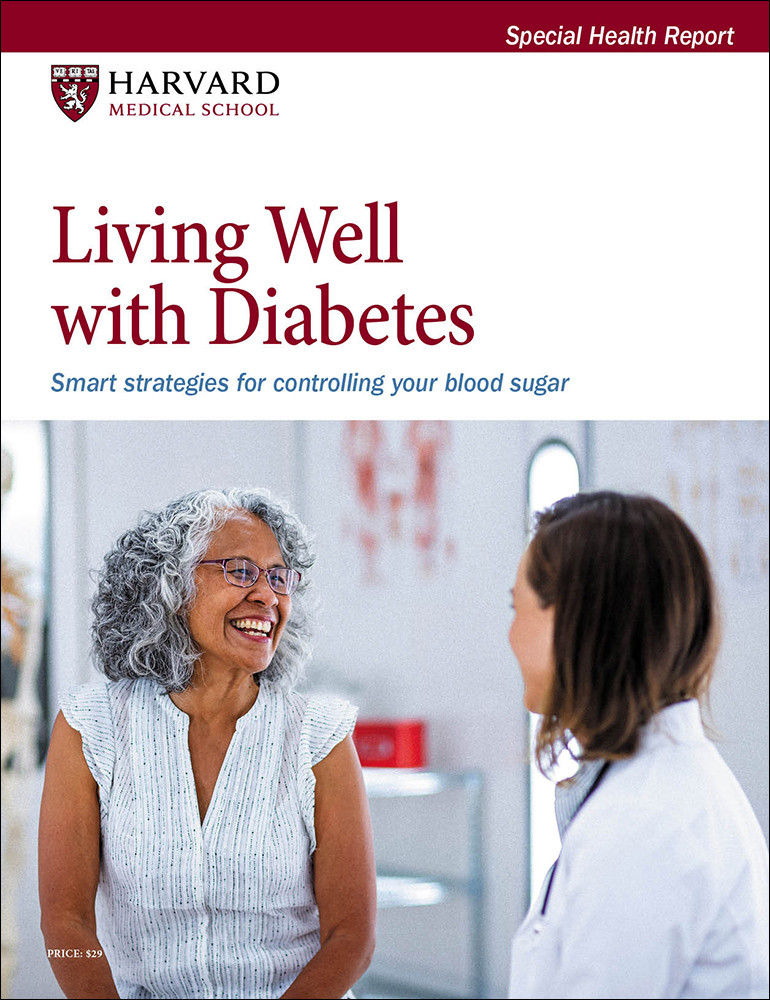Recommendation calls for earlier diabetes screening in people who are overweight
Research we're watching
If your body mass index (BMI) — a measure of body fat based on both weight and height — is 25 or greater, you should be screened for prediabetes and diabetes every three years starting at age 35, instead of age 40, according to an updated recommendation from the U.S. Preventive Services Task Force. It is hoped that screening these people at a younger age will find more cases of prediabetes and diabetes sooner and help head off some of the worst effects of the disease. Some 13% of U.S. adults have diabetes, and another 34.5% have prediabetes, according to the CDC.
Many people with diabetes — some 21.4% — don't know they have it. In 2017, diabetes was the seventh leading cause of death in the United States. Uncontrolled, it can lead to a range of serious health effects, including kidney failure, blindness, and cardiovascular and liver disease.
Typically, diabetes screening is done by measuring a blood sugar after an eight hour fast or getting a blood test for hemoglobin A1C (it can be done any time of the day). If you are at high risk for diabetes, your doctor may want to start screening you at an even younger age, says the recommendation.
If you are diagnosed with prediabetes, lifestyle changes — such as improving your diet, exercising, and losing weight — and certain medications might prevent or delay the development of diabetes.
Image: Mladen Zivkovic/Getty Images
About the Author

Kelly Bilodeau, Former Executive Editor, Harvard Women's Health Watch
Disclaimer:
As a service to our readers, Harvard Health Publishing provides access to our library of archived content. Please note the date of last review or update on all articles.
No content on this site, regardless of date, should ever be used as a substitute for direct medical advice from your doctor or other qualified clinician.

















